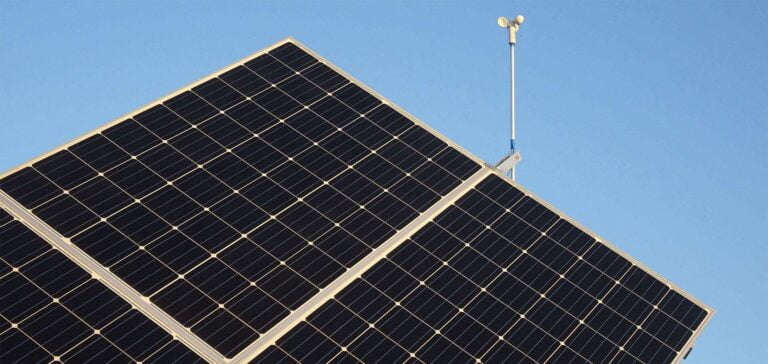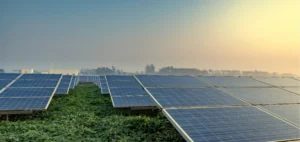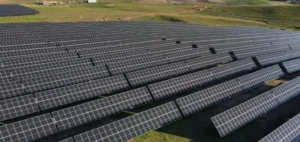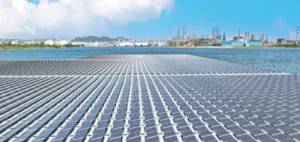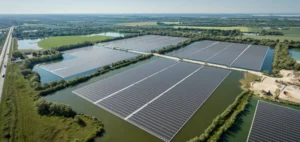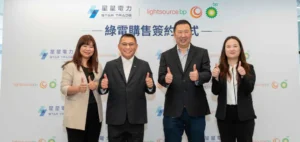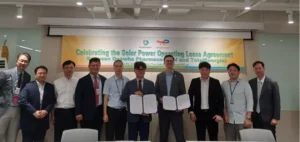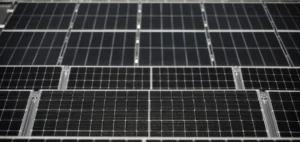Antaisolar celebrates its 15th anniversary with the launch of its latest SPACE solar tracker at SNEC 2021 in Shanghai.
The company is now the leading supplier of the entire photovoltaic mounting system industrial chain.
Antaisolar SPACE, an efficient and productive system
The SPACE tracker follows the 1P independent single-axis tracking system and is said to be “Unique, Intelligent, Efficient, Infinite”.
This will make it the world’s longest tracker, capable of spanning more than four chains.
This distance is equivalent to a maximum length of 240 meters, and will reduce solar mounting system costs by up to 18%.
SPACE would become the best choice for large-scale solar installations on flat terrain, better suited to cleaning robots.
Antaisolar presents the features of its tracker
According to Antaisolar, the SPACE tracker has many features.
Firstly, it has a unique multi-point drive that effectively solves the problem of instability in extreme weather conditions.
Secondly, the electrical synchronization is quick to install, convenient to maintain and low on power consumption, reducing labor costs.
It also features a unique, maintenance-free brushless DC motor with a 30-year service life.
Likewise, it features AI analyzing meteorological data, terrain, light conditions and deep learning.
This technology increases energy production by 10% compared with conventional tracking.
SPACE is also controlled by a cloud-based monitoring system capable of operating on a global scale.
Finally, with Antai intelligent commissioning, the system can be quickly located and operated by scanning QR codes on smartphones.
A neat, CPP-compliant solar tracker
According to Antaisolar’s deputy general manager, the company has “paid attention to the application trend of the large-format consumer module.” As a result, all the company’s solar trackers, including SPACE, “have completed the CPP wind test report”.

